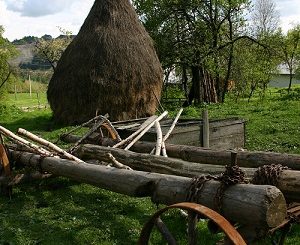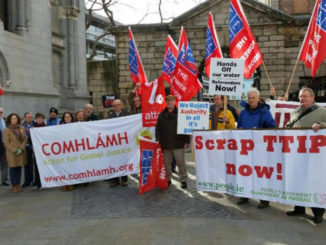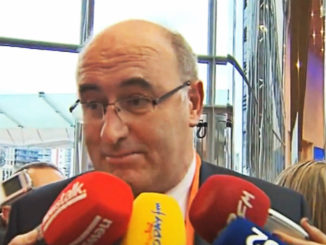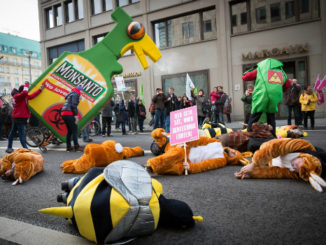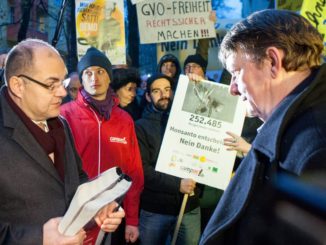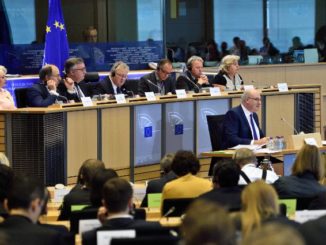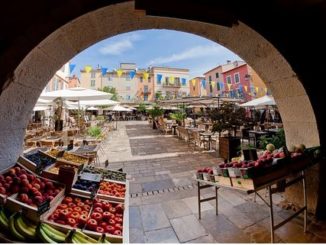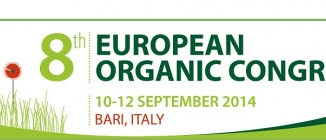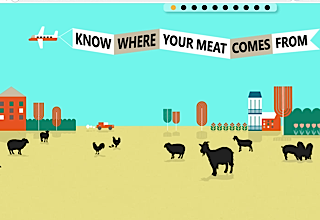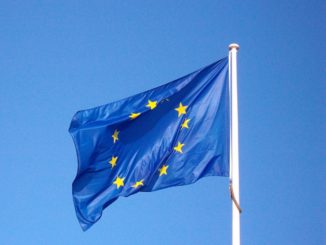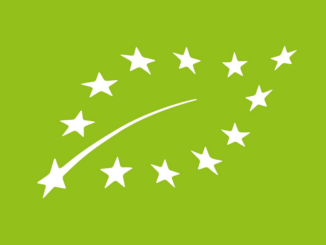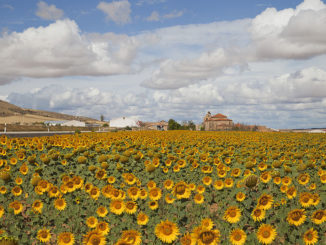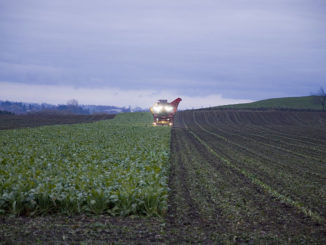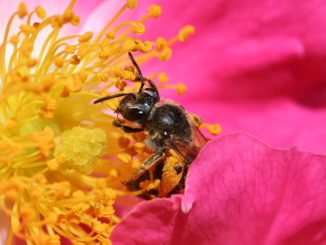Updates from the EU Commission, Council and Parliament
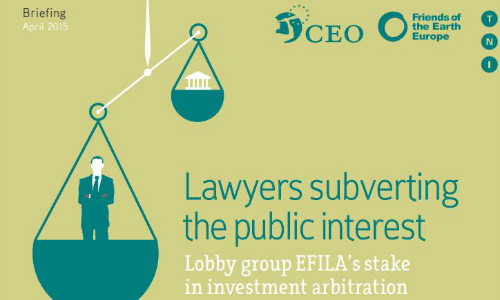
TTIP Amendments Voted on in European Parliament Today
Today 14th April is a big TTIP day in Europe. In the Parliament you can follow the debate live here. Here are the amendments being voted on. Politicians of all hues are suggesting amendments. Ag will feature at 15.00 CET. Here is the debate sequence for today: ENVI: Tuesday 14th April, 09:00 AM CULT: Thursday 16th April, 09:00 AM JURI: Thursday 16th April, 10:00 AM AFCO: Thursday 16th April, 10:00 AM PETI: Thursday 16th April, 10:00 AM AGRI Tuesday 14th April, 15:00 PM Also today TTIP-related events 1: Sharon Anglin Treat (Maine Citizen Trade Policy Commission) at 12.30 CET Parliament presentation. Treat will focus on: The EU regulatory cooperation proposal in TTIP; Clues to the US regulatory proposal in TTIP; US experience with domestic regulatory coordination (OIRA) and cost-benefit studies; food democracy at risk – how regulatory cooperation and coherence will promote large scale industrial agriculture, weaken and delay food safety and pesticide protections, jeopardize the precautionary principle and attack the value of subsidiarity. UPDATE: Watch Sharon Treat in this short video from the talk explain […]

